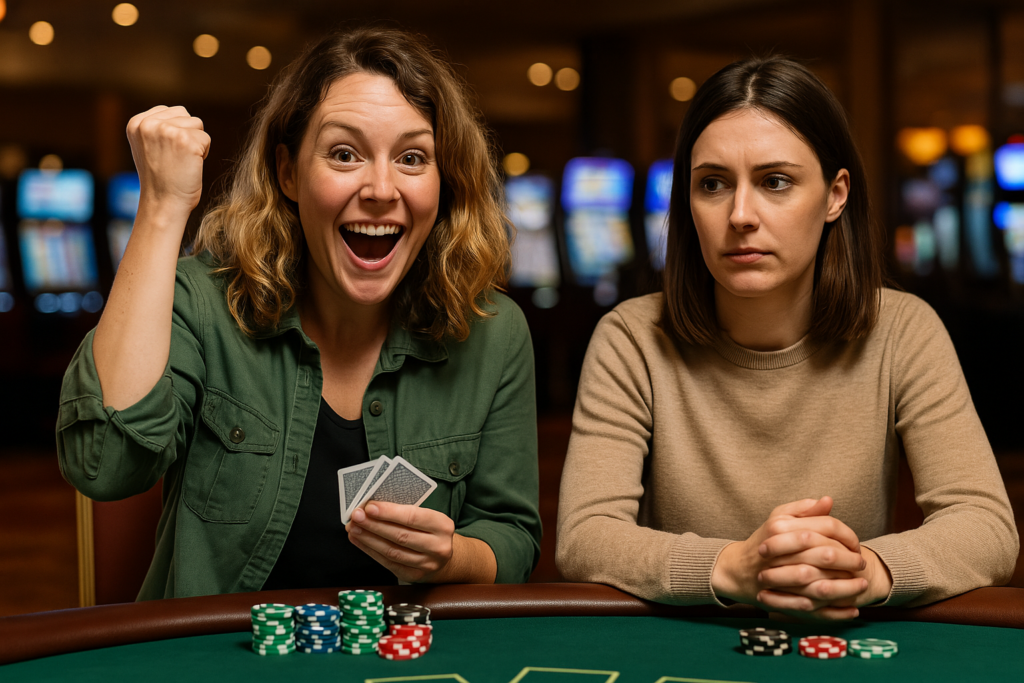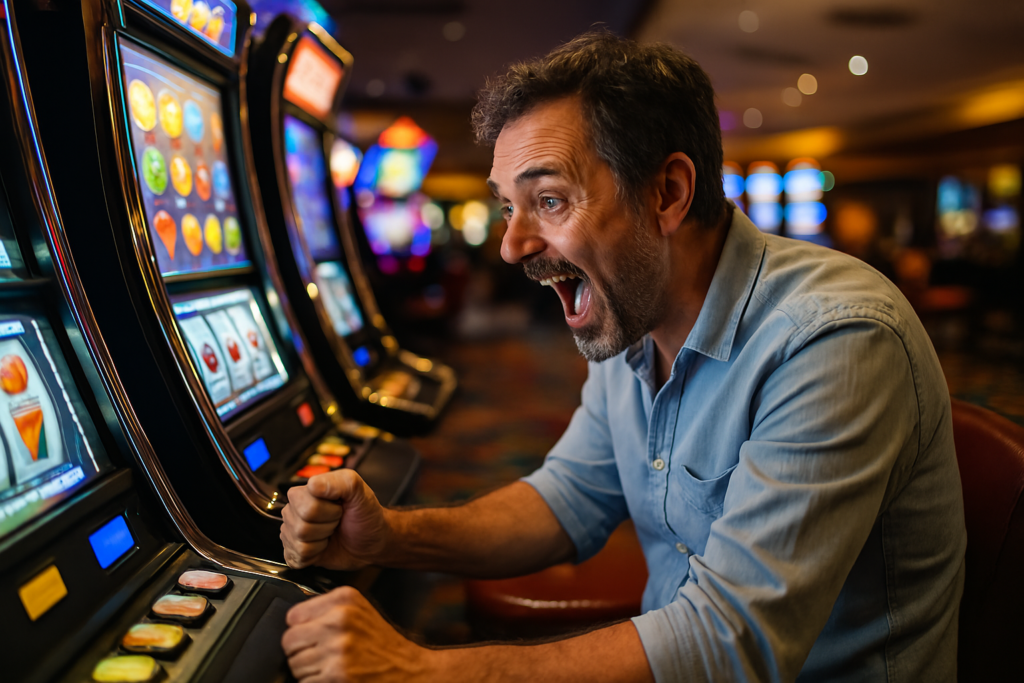
Gambling is one of those things people either like or dislike. Some enjoy the excitement, while others stay away. But why? After looking into it and hearing from regular gamblers and those who never gamble, I found that it depends on personality, past experience, and how people feel about risk and control. In this article, we’ll go through five main reasons why some people like gambling, and why others don’t. You’ll also see how habits and beliefs play a big role.
Excitement vs. Worry About Losing
For some people, gambling gives a strong feeling of excitement. They enjoy not knowing what will happen and feel a rush when placing a bet. This feeling is linked to dopamine – a brain chemical that makes people feel pleasure. A study by Cardiff University showed that gamblers get higher dopamine levels during uncertain outcomes, especially in games like roulette or slots.
The human brain likes new and exciting things, which is why gambling, video games, and even fast-paced sports feel fun to many. A recent YouGov survey found that 39% of regular gamblers said they play for the “buzz” or “thrill.”
But not everyone enjoys this uncertainty. Some people feel stressed about possibly losing money. Instead of fun, gambling gives them anxiety. These people often prefer safe choices and don’t like taking chances with money.
🔍 Example: Gambling can cause a thrill in the brain like riding a roller coaster. But for people who don’t like risk, it feels more like riding with no seatbelt.
Risk-Takers vs. Risk-Avoiders

People who like risk are more likely to try gambling. They enjoy the chance of winning something big, even if the risk is high. Psychologists call this a “high-risk personality.” These people often enjoy activities like adventure sports or day trading too.
On the other hand, people who don’t like risk prefer clear rules and steady outcomes. They are more careful with money and less likely to gamble.
📊 Stat: A 2023 study from King’s College London found that people with high-risk personality traits were 42% more likely to gamble regularly than others.
Believing in Luck vs. Thinking About Odds

Many gamblers believe in luck. They think lucky numbers, charms, or habits help them win. A UK-based survey found that 58% of gamblers have lucky routines – like wearing the same socks or always betting on certain numbers.
These beliefs give people a feeling of control in games that are mostly random. That’s why things like bingo and slots are so popular – they feel lucky, even though the results are random.
But people who like facts and logic often see gambling as a bad idea. They know the odds are against the player and believe that “the house always wins.” This group usually avoids gambling because they don’t trust luck and think it’s a losing game in the long run.
📊 Stat: According to a 2022 Ipsos MORI poll, people who trust logic over luck are 31% less likely to gamble regularly.
Playing for Fun vs. No Interest in Gambling
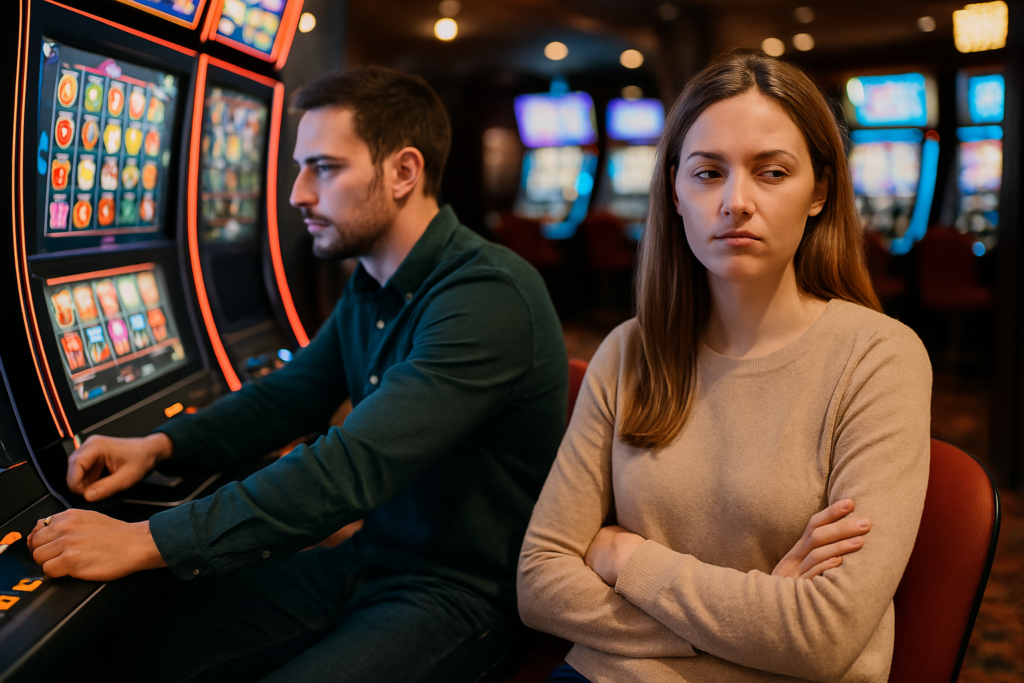
Some people don’t care if they win or lose – they gamble because it’s fun. For them, it’s like playing video games or watching football. They enjoy the games, the music, the lights, and even the competition with others. Many UK casinos now offer live dealer games and themed slots to make the experience even more exciting.
But others simply don’t find gambling interesting. They say it’s repetitive or a waste of time. They prefer hobbies that use skill or offer personal rewards, like drawing, reading, or playing sports.
📊 Stat: A 2023 UK Gambling Survey showed that 68% of casual gamblers said they play mainly for entertainment, not money.
🔍 Example: Slot games have music, colours, and flashing lights to grab your attention. But for people who don’t enjoy gambling, these things don’t make a difference.
Social Fun vs. Wanting Control
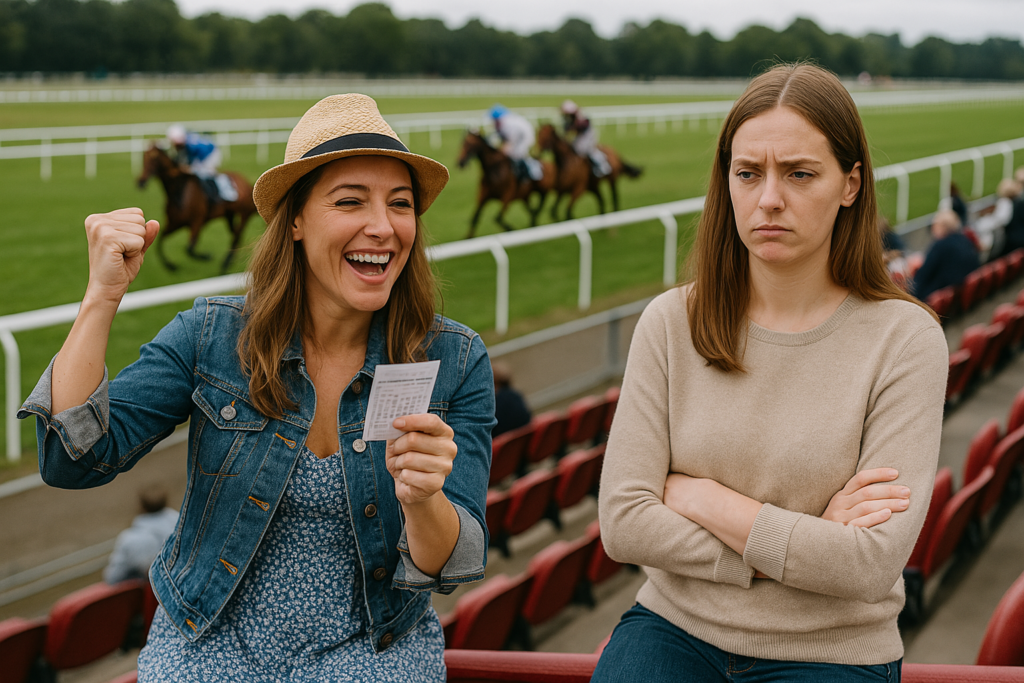
Some gamblers like the social side of it. They enjoy placing bets with friends, talking about wins and losses, or watching live sports while betting. For many, gambling adds fun to football matches or a day at the races.
But other people don’t like the unpredictability. They enjoy games where skill decides the outcome – like chess or puzzles – and not chance. They avoid gambling because they prefer full control over what happens.
📊 Stat: A 2024 report from the Betting and Gaming Council said that 59% of sports bettors in the UK gamble to make sports more exciting with friends.
🔍 Example: Watching football while betting with mates can be a fun group activity. But if you don’t like taking chances, just watching the match is enough.
Past Experiences Matter
What people experience early in life shapes how they see gambling. Someone who wins early might think gambling is good and keep playing. But if someone sees gambling cause problems for a friend or family member, they might avoid it forever.
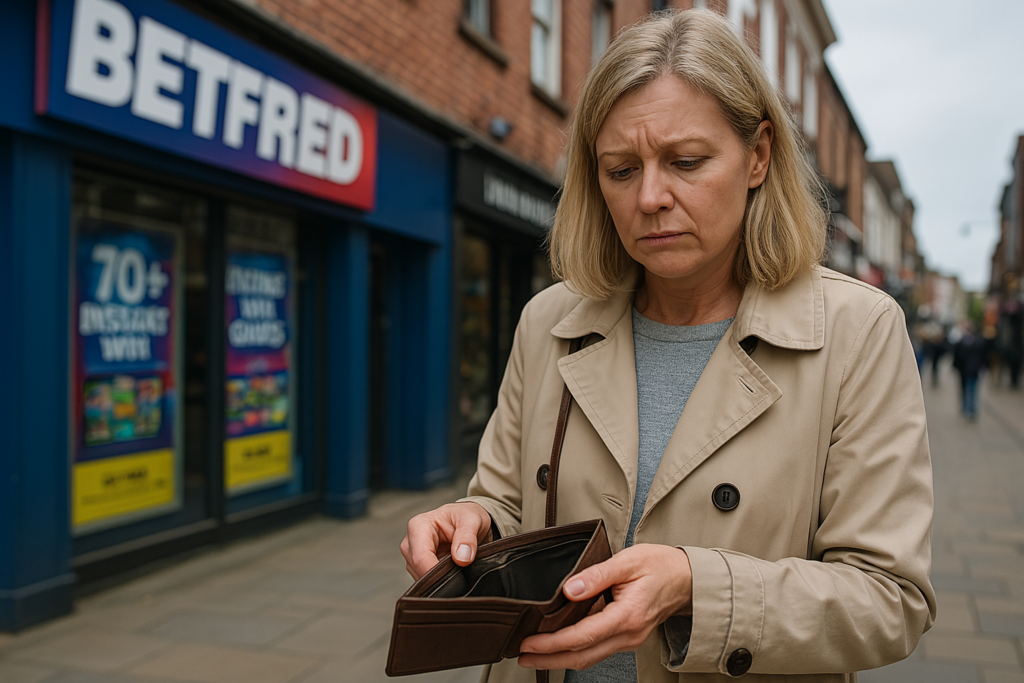
Some gamblers say their habits started with a win, even if it was small. Others quit after losing money and feeling regret. Family beliefs also matter – growing up in a home where gambling is normal makes someone more likely to try it themselves.
📊 Stat: A 2023 University of Glasgow study found that 43% of regular UK gamblers said they started because of a positive early win.
🔍 Example: Many people who gamble today say their first try was buying a scratchcard or placing a football bet with a family member.
Who’s Gambling in the UK Today?
According to the UK Gambling Commission (UKGC), about 46% of adults in the UK take part in some form of gambling each month. This includes everything from National Lottery tickets to sports betting, online slots, and bingo.
📊 Stat: The UKGC’s 2024 figures show that 33% of UK adults gamble online, while 26% use physical venues like betting shops or casinos.
Gambling is changing, especially since COVID-19 pushed many people online. Now, more people use their phones to place bets or play games than ever before.
Online Gambling Stats:
- 33% of UK adults gamble online.
- 73% of those use smartphones to do it.
- Ages 18–34 are the most active group online.
- Sports betting and online slots are the most popular activities.
Offline Gambling Stats:
- 26% of adults still visit betting shops or casinos.
- The number of UK betting shops dropped from 8,500 in 2010 to around 6,100 in 2024.
- Horse racing and greyhound racing remain popular in-person.
- Casinos in cities like London and Glasgow still attract many visitors.
Some people like gambling for the thrill, the fun, or the social vibe. Others avoid it because they prefer safety, logic, or different past experiences. Neither side is wrong – but knowing why people gamble or don’t can help us understand each other better.
